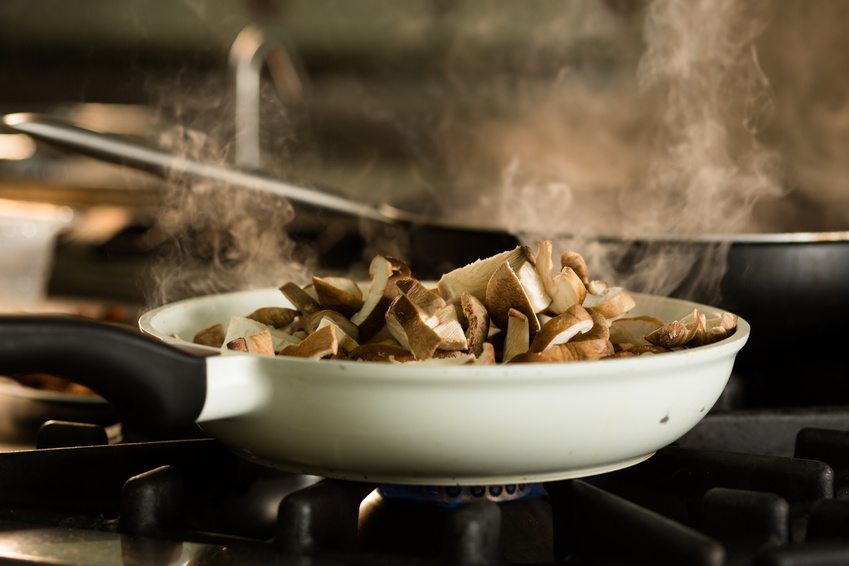
While exotic mushrooms have been used medicinally in Eastern Europe for eons, Western medicine is just now beginning to catch up as the healing properties of certain mushroom varieties are starting to be demonstrated scientifically.
In the January 2011 issue of Vogue magazine, bestselling author of The Jungle Effect, Harvard-trained Daphne Miller, M.D., tells how patients who come to her office for the sniffles leave with a “prescription” of mushroom-ginger soup. Miller is among the growing number of physicians (my husband included) who strongly believe in the therapeutic power of food. Although I’m not a doctor anyone who knows my story knows how strongly I feel about the healing power of food. And so, the more I learn about the intrinsic health-promoting properties of certain types of mushrooms the more enthused I get about eating and cooking with them.
“Meat” the Mighty Mushrooms:
SuperFoods that Pack a Hearty Bite & Offer Therapeutic Benefits Too!
Vegetarians depend on a variety of mushrooms for their dense flavor and “meaty” texture— plus they are a good source of magnesium, potassium, and selenium. Foodies relish the culinary range of mushrooms and holistic healers place tremendous value on their therapeutic benefits. But mushrooms, like wine, can vary tremendously.
When it comes to health-promoting benefits not all mushrooms are equal. If you are going after strictly therapeutic benefits you want to skip over the cultivated white or “button” mushrooms and go for the more exotic ones. For what it is worth, I have really started to try and replace button mushrooms with shitake mushrooms in most of my recipes after learning cultivated mushrooms actually contain natural carcinogens. This doesn’t mean I won’t eat cultivated button mushrooms anymore, it just means that if it is easy enough to swap one mushroom for another and I don’t sacrifice flavor in doing so then that’s what I do. For example, I use shitake mushrooms instead of white button mushrooms in my recipe for Chicken Cacciatore. If you are into Italian cooking this might sound like a very strange substitution and one you might think wouldn’t work, but surprisingly the shitake mushrooms blend right in and actually taste better than the more conventional button mushrooms.
The exotic mushrooms are the ones you want to go for most because these are the ones with the healing properties. Importantly, although a variety of exotic mushrooms have therapeutic and healing benefits, not all can be used for culinary purposes. However, the following four varieties are delicious to eat and therapeutic too!
Clean Cuisine Cleaning Tip: To clean mushrooms, just wipe them off with a damp paper towel. Don’t rinse or immerse them, because they can absorb water, and that compromises their texture.
- Maitake: This variety is available dried or fresh in many Japanese markets. Maitake is approved by the Japanese government as an adjunctive cancer treatment and is used throughout Asia for just this purpose. It is especially good for counteracting the toxic effects of radiation and chemotherapy, such as extreme fatigue and nausea.
- Cordyceps: This Chinese mushroom is used to promote energy and endurance as well as for issues related to kidney, immune, adrenal and respiratory health. You can buy whole, dried cordyceps in health food stores and add them to soups, stews or drink tea made from powdered cordyceps. You can also get cordyceps in liquid or capsule form.
- Enoki: This slender white mushroom almost looks like mini squid with tentacles. It’s delicious grilled (just leave them in a little bunch and baste with a mixture of sesame oil and a good quality soy sauce.) Enoki mushrooms have significant anticancer and immune-enhancing effects.
- Shitake: This is the variety I use most often cooking Clean Cuisine because it is the easiest to find, plus it tastes amazing. Read on…
Shitake Mushroom Health Benefits
I find myself cooking mostly with Shitake mushrooms not just because I love their earthy, delicious flavor but also because this exotic mushroom variety seems to be the easiest to locate at both Whole Foods Market and my local Publix.
In addition to having known potent antiviral and anticancer benefits, shitakes contain a substance called eritadenine, which encourages the absorption of cholesterol and lowers the amount of cholesterol circulating in the blood. In fact, Japanese researches have reported that consumption of shitake mushrooms lowers cholesterol by as much as 45 percent.
What Do Shitake Mushrooms Have In Common with Bananas?
Everyone knows bananas are famous for packing a mighty potassium punch (one banana delivers 450 mg of potassium), but did you know eating 4 ounces of Shitake mushrooms delivers a whopping 2,500 mg of this essential “super” mineral? Studies have shown increased potassium intake can actually decrease the incidence of some forms of arterial aging (arterial aging not only ages you on the inside but on the outside as well—the younger you can keep your arteries the younger you will look and be!) As an electrolyte, potassium specifically helps in carrying an electrical charge to help a nerve or muscle contract, and it helps regulate blood pressure and allow your heart and kidneys to function properly. So, you want to continue eating your bananas…but you might want to add Shitakes to the bunch too!
If you have any favorite recipes using Shitake mushrooms I’d love to hear them!

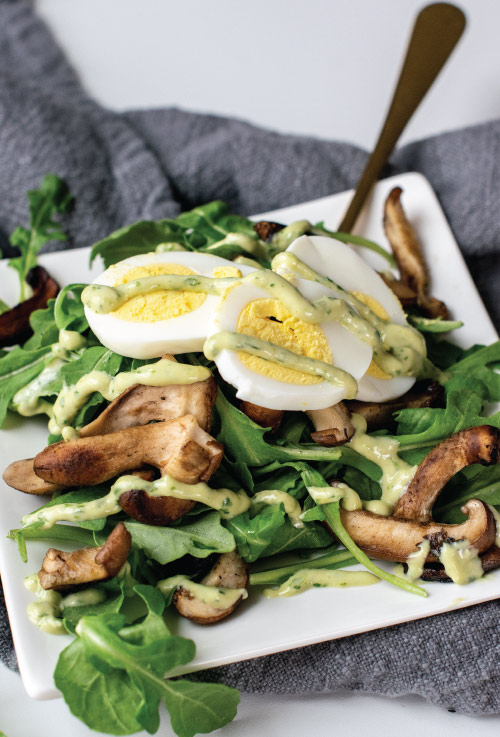
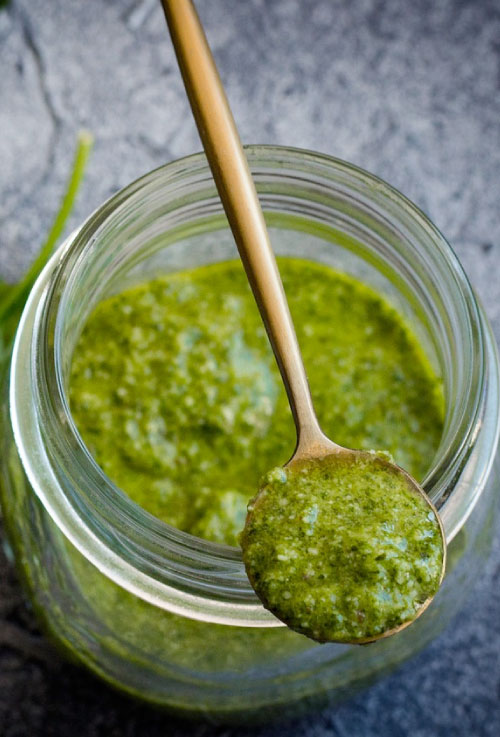

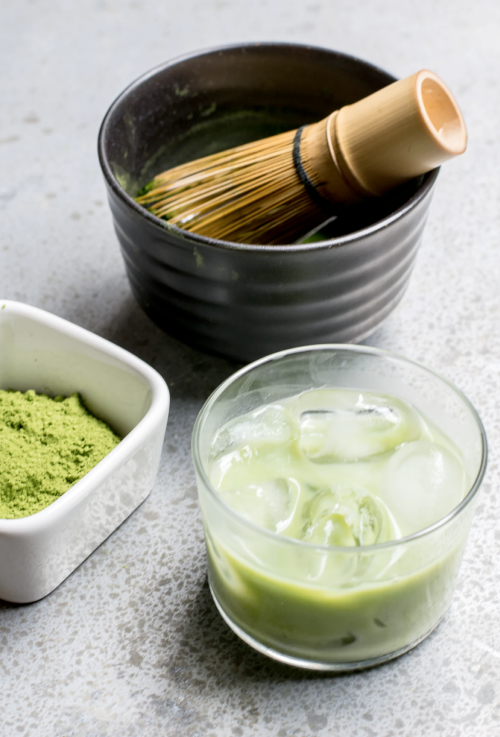

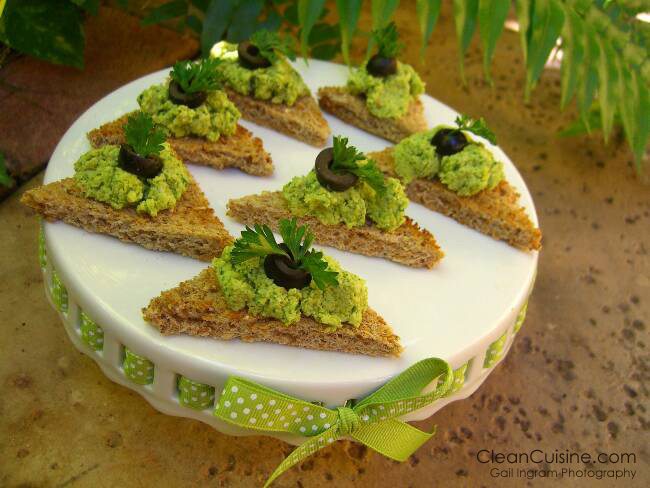
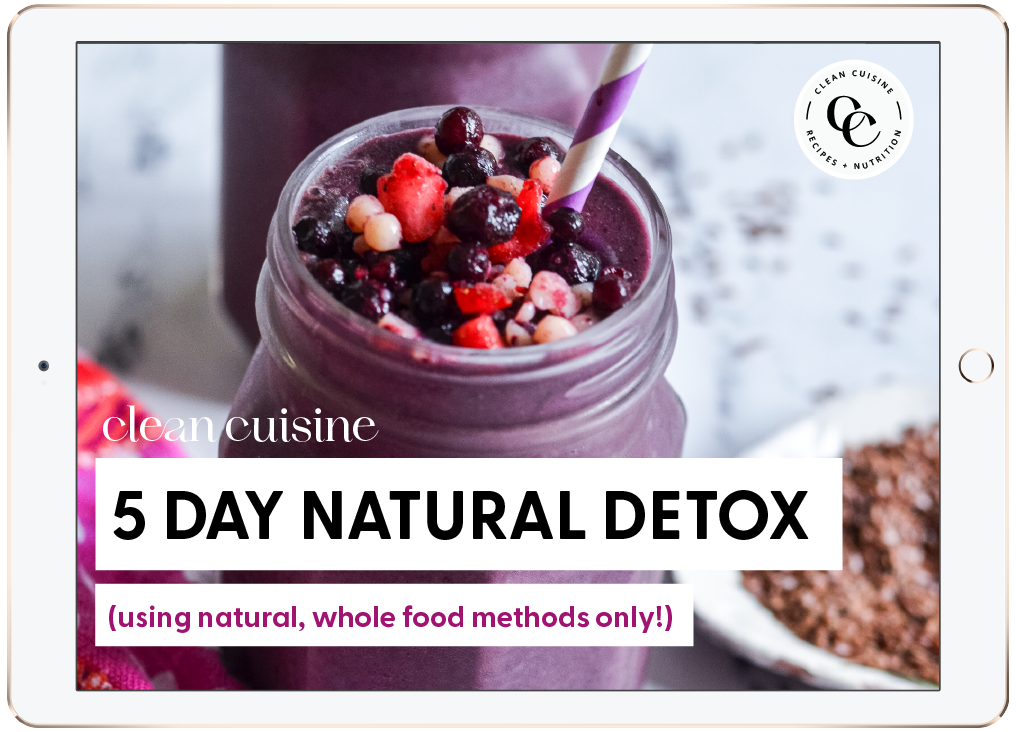
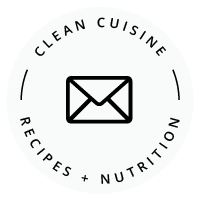
Marla
Friday 30th of September 2016
I'm confused, are you buying "wild" shitake mushrooms? I think shitakes are also "cultivated." I'm confused as to whether the growing process is in some way the cause in the benefits of the shitake?
Christine
Friday 16th of December 2016
I agree that "cultivated" simply means "grown" - organic or not is another matter. Further, button mushrooms are Agaricus bisporus, and native to North America (and Europe). Button is the immature state of the mushroom, it matures into a cremini and further into a portabello. I have read you recommend portabellos, can you explain why those are acceptable to you and not buttons?
When I was diagnosed as vitamin D deficient a year ago (part of my ongoing trials with gastritis) I started researching foods to increase my vit D - turns out mushrooms (any type) are excellent. And the fun thing is exposing mushrooms to UV dramatically increases their vit D! So I set mine outside on a plate on a sunny day for a few hours (not too long or they will dry out). I'm curious if you've also discovered this benefit in your research? Vit D is essential for calcium absorption in our bones, and critical for women.
Thanks for all the great recipes! I'm going to try the mushroom/turkey burger recipe this weekend.
Ivy Larson
Friday 30th of September 2016
That's a great question Marla! The Shitake mushrooms I buy are organic and I know it is very important to buy organic mushrooms because all mushrooms absorb and concentrate whatever they grow in---good OR bad (including heavy metals). This is one of the things that give mushrooms their potency. To be 100% honest though, I don't really think it is the cultivation of white button mushrooms that is the real problem (assuming they are grown organically), but rather the carcinogens are intrinsic to the white button mushrooms themselves regardless of how they are grown. So probably I should not have used the word "cultivated" because that probably just confused things.